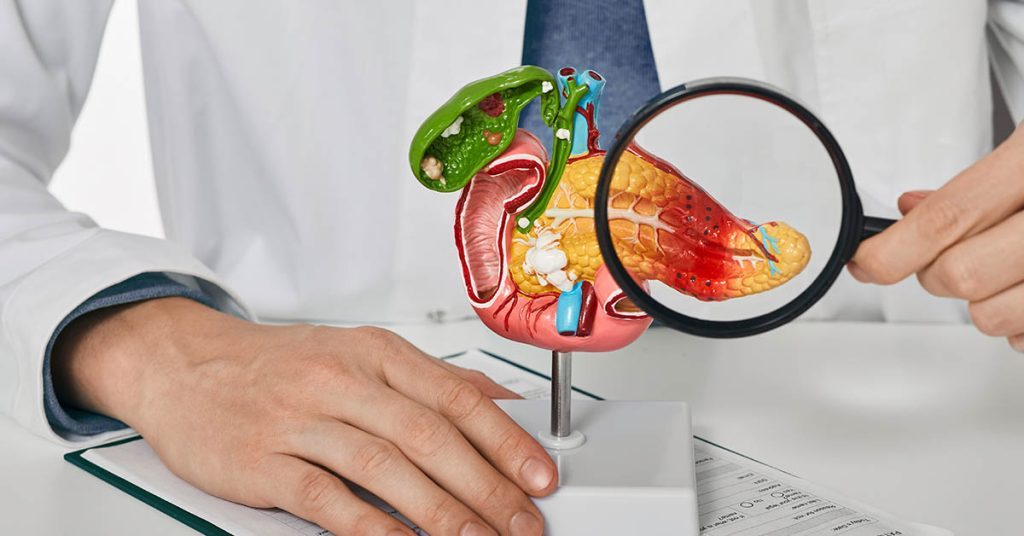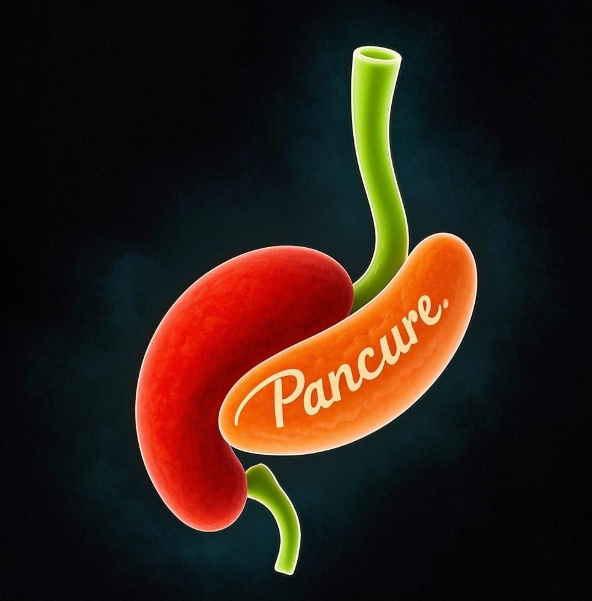Pancreatic cancer is one of the most serious and often life-threatening cancers, affecting thousands of people each year. One of the reasons it’s so deadly is because it’s often diagnosed at a late stage, when treatment options are limited. However, recognizing the early warning signs could help with early detection, which is crucial for improving survival rates. Here’s what you need to know about pancreatic cancer and the 10 signs you should never overlook.

What is Pancreatic Cancer?
The pancreas is a vital organ that plays a key role in digestion and hormone production. It produces digestive enzymes that help break down food and hormones that regulate blood sugar levels, including insulin. When cancer develops in the pancreas, it often starts in the ducts that carry digestive juices to the small intestine. This form of cancer is called adenocarcinoma, making up about 95% of all cases. While pancreatic cancer is difficult to detect early, being aware of the signs can make a significant difference in outcomes.
10 Early Signs of Pancreatic Cancer
Pancreatic cancer is tricky because its symptoms are often subtle or mistaken for other conditions, which is why it’s rarely diagnosed early. Here are 10 warning signs that could point to pancreatic cancer:
- Unexplained Weight Loss Sudden, unexplained weight loss without trying, especially when paired with a loss of appetite, could be a red flag.
- Jaundice (Yellowing of Skin & Eyes) If your skin or the whites of your eyes turn yellow, it could be due to a blockage in the bile duct, which is often caused by pancreatic cancer.
- Persistent Abdominal Pain A dull or sharp ache in the abdomen, especially if it radiates to your back, could indicate pancreatic issues. The pain may worsen after eating.
- Digestive Problems Pancreatic cancer can impair the pancreas’ ability to produce enzymes, leading to bloating, indigestion, diarrhea, and foul-smelling stools.
- New-Onset Diabetes If you suddenly develop diabetes, it could be due to the pancreas not producing enough insulin due to cancerous growths.
- Changes in Stool Pale, greasy, or floating stools may signal a pancreatic issue. This is because cancer can interfere with the pancreas’ ability to produce digestive enzymes.
- Constant Fatigue Unusual or persistent fatigue that doesn’t go away with rest can be a symptom of pancreatic cancer, caused by anemia or the cancer itself.
- Back Pain Pain in your upper or mid-back that doesn’t seem to have a clear cause could be an indication that cancer has spread to the nearby nerves and tissues.
- Blood Clots Pancreatic cancer increases the risk of developing blood clots, which can lead to pain, redness, swelling, or warmth in affected areas.
- Frequent Gastrointestinal Issues Nausea, vomiting, or feeling full after eating small amounts could also signal pancreatic cancer, especially if these symptoms persist.

Why Early Detection Matters
If you experience any of these symptoms, it’s important to consult a healthcare professional as soon as possible. Early detection is crucial for improving the chances of successful treatment. While there’s no guaranteed way to prevent pancreatic cancer, certain lifestyle changes can reduce your risk, including maintaining a healthy weight, exercising regularly, avoiding tobacco, and limiting alcohol intake.
Risk Factors for Pancreatic Cancer
Some people are at a higher risk of developing pancreatic cancer due to certain factors, including:
- Age: People over 60 are more likely to develop pancreatic cancer.
- Smoking: Cigarette smoking is a major risk factor, contributing to 20% of cases.
- Diabetes: Having diabetes increases the risk by 50%.
- Obesity: Being overweight raises your risk by about 20%.
- Family History: A family history of pancreatic cancer or inherited genetic conditions can increase your risk.
- Ethnicity: African Americans and Ashkenazi Jews have higher rates of pancreatic cancer.
- Exposure to Chemicals: Certain jobs involving chemicals (like dry cleaning) may increase the risk.
- Gender: Men are more likely to develop pancreatic cancer than women.
The Bottom Line
Pancreatic cancer is a tough diagnosis, but knowing the signs and symptoms could make a life-saving difference. By staying alert to the potential warning signs, you can catch the disease early and improve your chances of successful treatment. If you or someone you know experiences any of the symptoms mentioned, don’t wait—see a healthcare provider for further evaluation and guidance. Early intervention is key to increasing survival rates, so don’t hesitate to take action.



